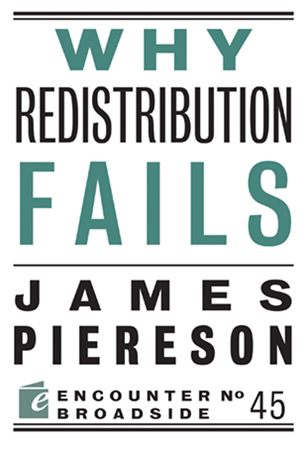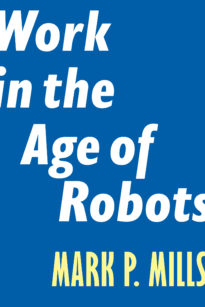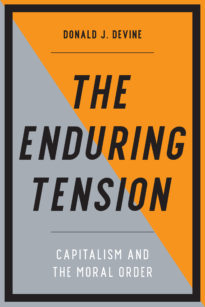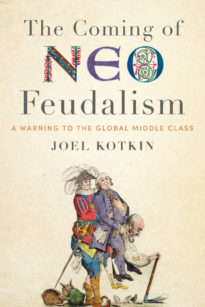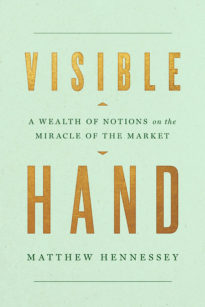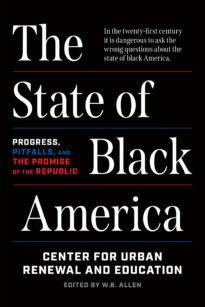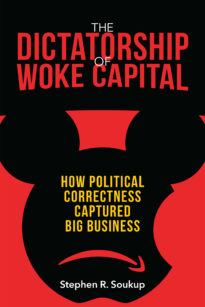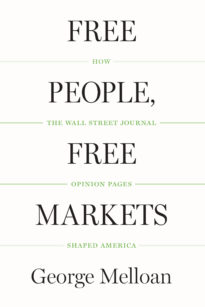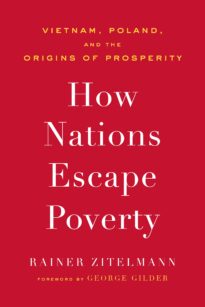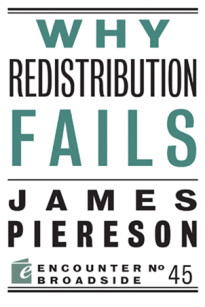Democratic presidential candidates and progressive economists have long made a case for redistributing income from the wealthy to the poor in order to reduce inequality in the United States. Meanwhile, public-opinion polls show that while voters are concerned about inequality, they are more skeptical of the government’s ability to do anything about it.
In this Broadside, James Piereson explains why the voters are right. The progressive case is based upon a serious fallacy: it assumes that the government is actually capable of redistributing income from the wealthy to the poor. The United States has one of the most progressive income tax systems in the industrial world, but instead of effectively redistributing income, this system simply lines the pockets of providers and advocates who wield great influence in Washington.
